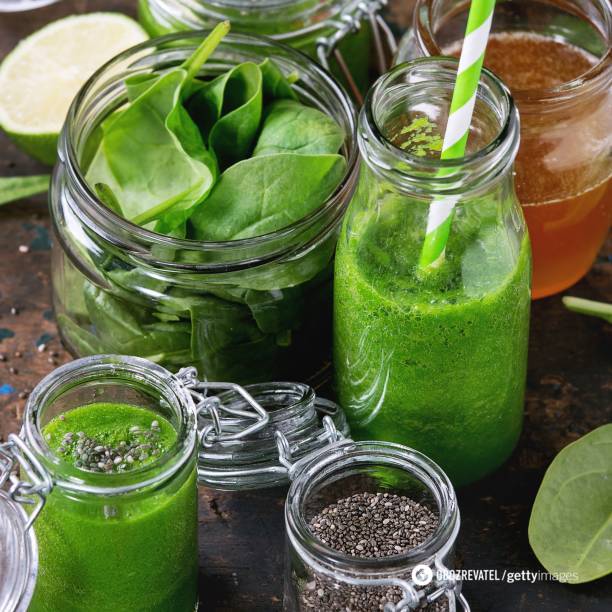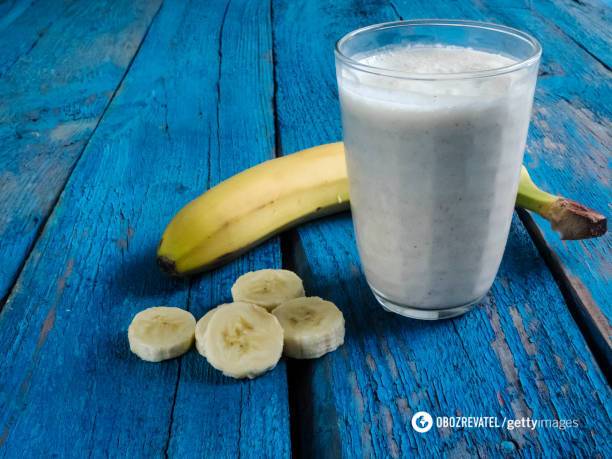LS Food
Vegetarianism: a nutritionist explains why it is suitable for most
Vegetarianism is an absolutely healthy way of eating, which, with a reasonably balanced diet, is balanced and in many cases useful for the prevention of many diseases.
This was stated by nutritionist Vira Palamar in an exclusive commentary to OBOZREVATEL.
The US Academy of Nutrition and Dietetics confirms that this diet is suitable for most people at all stages of the life cycle, including women during pregnancy and lactation, newborns, children, adolescents, the elderly, and athletes.
Vegetarianism is a type of diet that includes vegetable and dairy foods, as well as eggs. It is the rejection of meat, fish, and seafood consumption. The main principle of people who adhere to it is no food obtained by slaughter.
There are such variants of vegetarianism as ovo-vegetarianism and lacto-vegetarianism.
Ovo-vegetarians eat plant-based foods and eggs. Since this type of diet does not include dairy and fermented dairy products, it is necessary to get enough calcium from plant-based foods. Foods such as broccoli, sesame seeds, almonds, and beans are a source of calcium that is highly absorbable.
"I would also like to draw attention to the fact that many ovo-vegetarians additionally use supplements with beneficial bacteria, since when they refuse to eat dairy products, their intake of food decreases. But I would not recommend doing this without consulting a doctor or nutritionist, as there is not always a need to use them. A healthy person's body contains a sufficient and individual amount of microorganisms (microbiome) that inhabit the intestines at birth. If your diet contains enough fiber, a moderate amount of sugars, and there are no serious intestinal diseases, then additional intake of bifidobacteria preparations is not necessary," the nutritionist noted.
Lacto-vegetarians eat plant-based foods and dairy products. The main problems that may arise with this type of diet may be associated with a lack of essential fatty acids in the diet, especially Omega-3 and vitamin D.
To compensate for the lack of omega-3 fatty acids, it is necessary to include in the diet flaxseed, soybean, and hemp oil at least 1-2 tablespoons per day, or flaxseed 1-2 teaspoons. You can also include special vegetarian preparations of omega-3 fatty acids in your diet.
As for vitamin D, it is not found in plant sources. It is synthesized in the skin under the influence of ultraviolet radiation from sunlight. However, a large number of global studies in recent years have noted the development of vitamin D deficiency and deficiency, even in residents of sunny countries. Therefore, I recommend checking the level of vitamin D in the blood at least once a year and, if necessary, taking its preparations after consulting a doctor.































